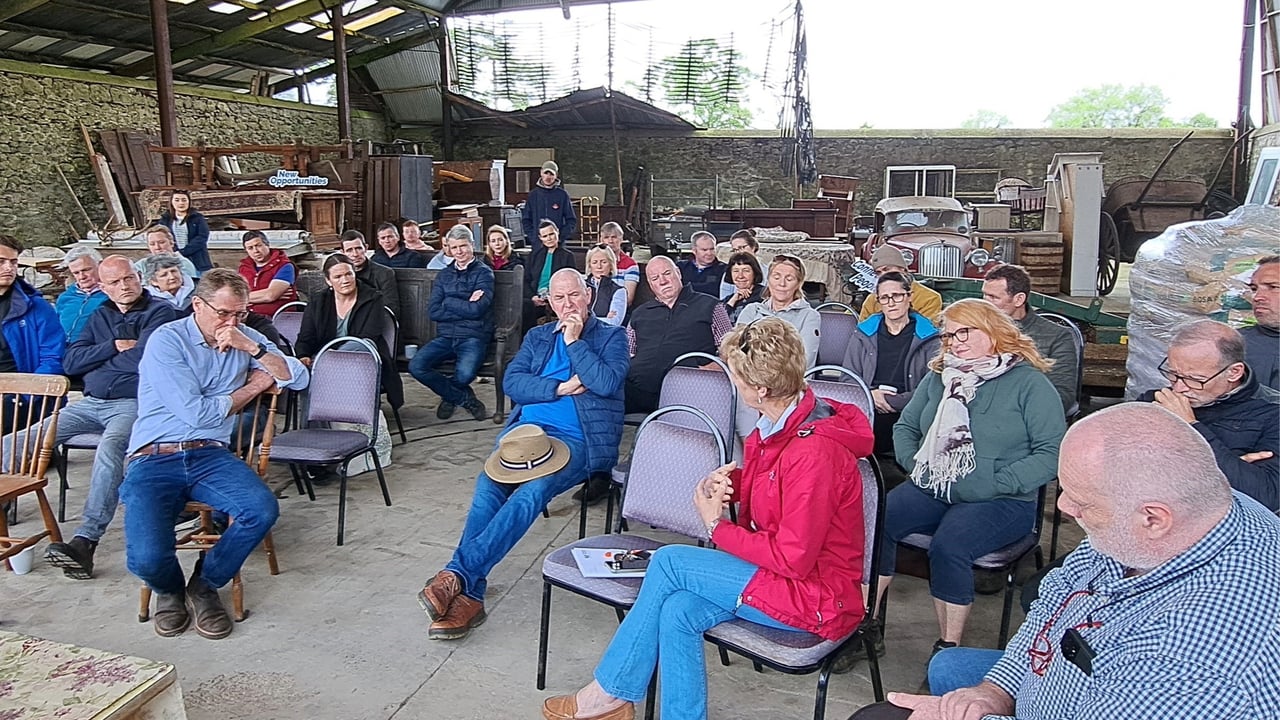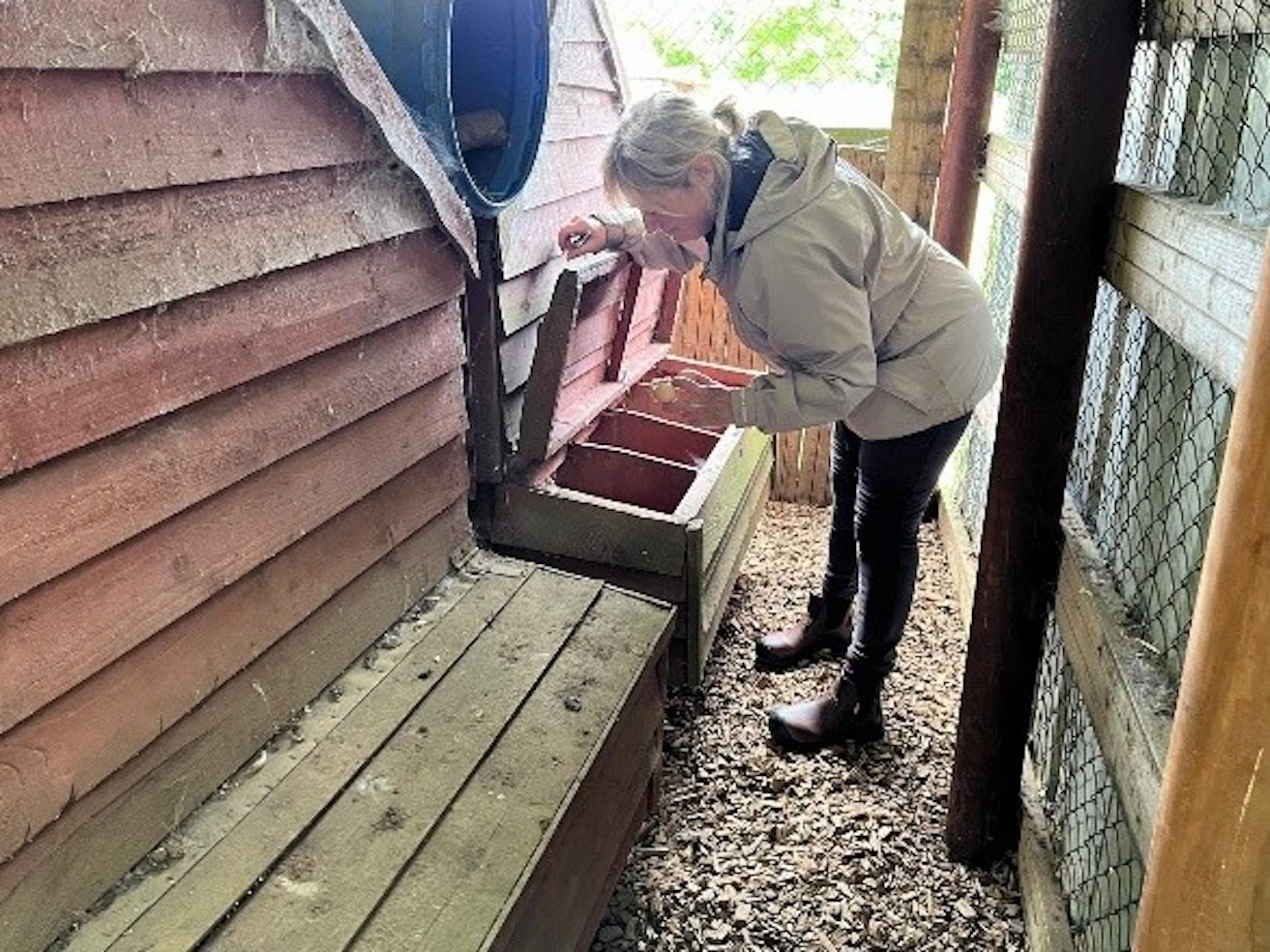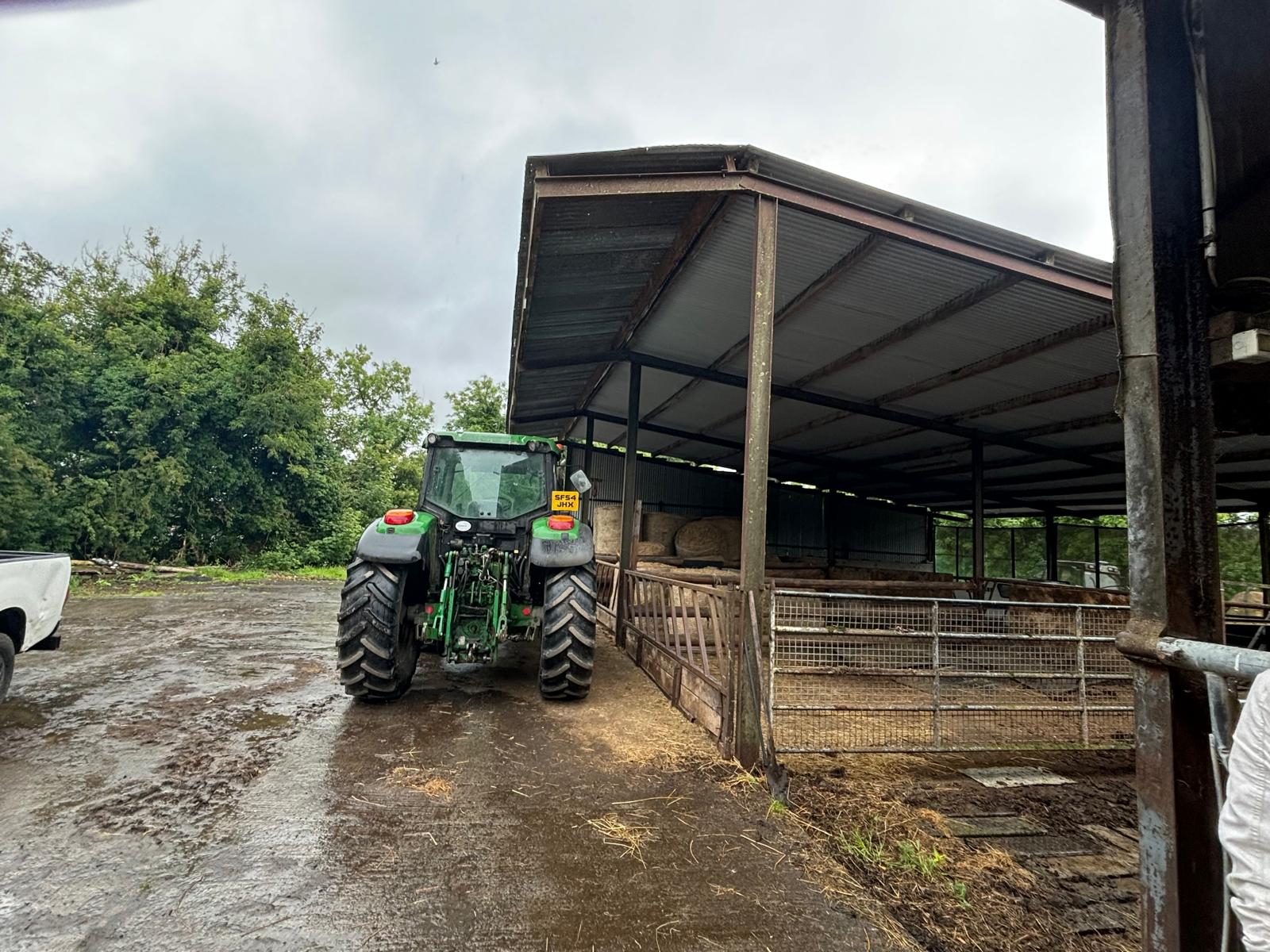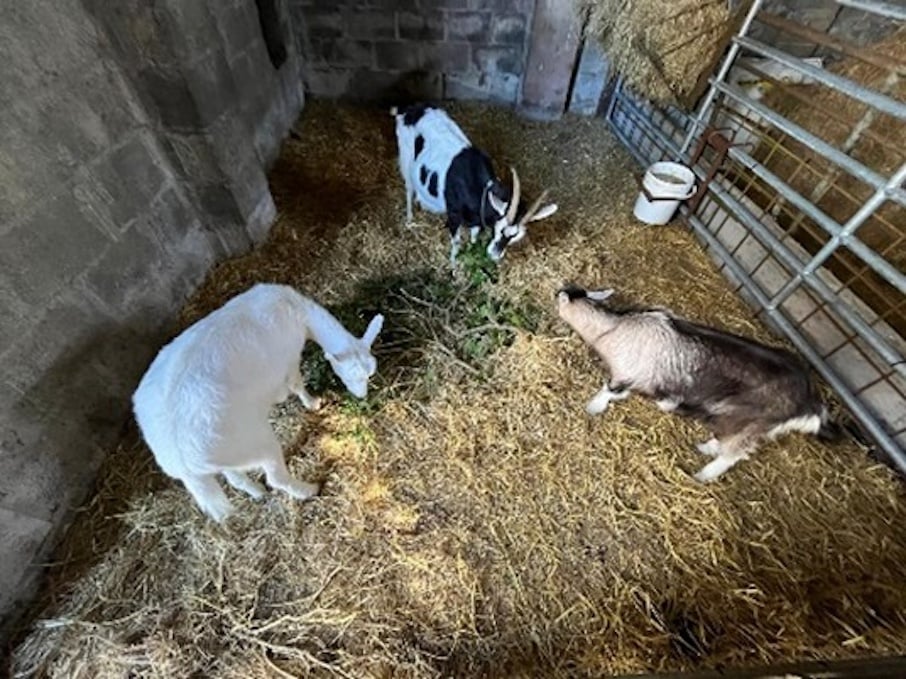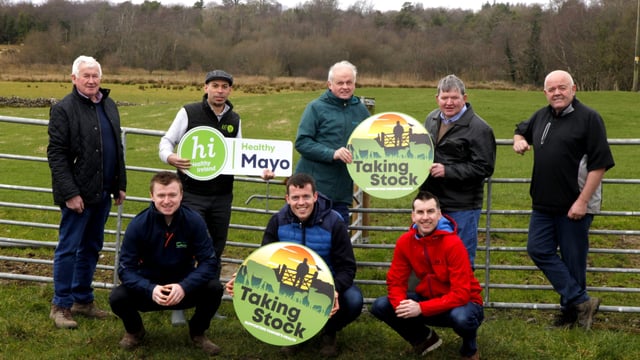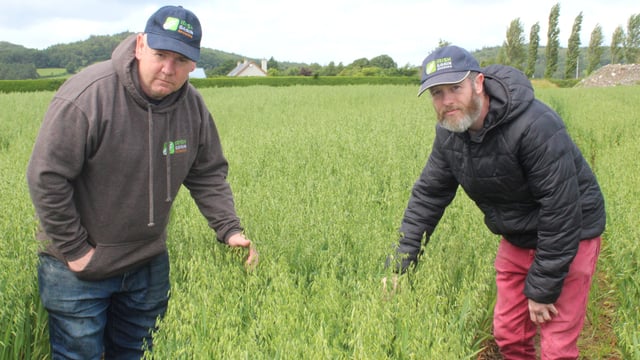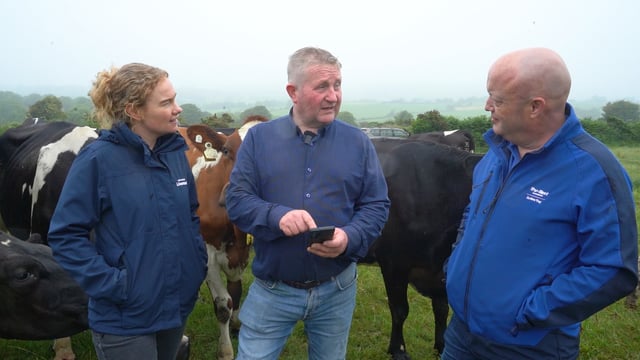Social Farming Ireland seeking more family farms to join network
No two days on a farm are ever the same, and that is the experience social farmers are sharing with others in Social Farming Ireland, which is seeking new farmers to join the growing national network.
Social Farming Ireland offers people who use health and social care services the chance to participate in everyday life on a family farm, aiming to promote the service users' inclusion, improve their self-esteem, and support their better mental and physical health.
Funded by the Department of Agriculture, Food and the Marine, Social Farming Ireland has steadily expanded its national network over the past 10 years, with over 157 farms now welcoming participants across the country.
In addition to the social benefits, social farming also provides a meaningful way for farmers to diversify their income while building strong, lasting connections within their local communities.
Due to continuing development of the programme, Social Farming Ireland is currently seeking farmers in all areas to join the network.
Social Farming Ireland regional development officer for the border midlands, Charlotte Kelly, said that interest in social farming is growing all the time.
“We have some fantastic social farmers. As the demand for social farming placements grows, some of the areas where we could do with a few more farmers getting involved would be particularly Louth, Monaghan, Wicklow, Wexford and Clare." Kelly said.
As Social Farming Ireland seeks to grow its network of farmers, the positive experiences of recent newcomers - like Nuala Slevin-Reck and David Reck from Co. Wexford, and Sean and Caroline Coloe from Co. Westmeath - highlight the meaningful role farmers can play in the lives of individuals with support needs.
The Recks recently completed their first placement with the support of Social Farming Ireland, and said it has been overwhelmingly positive.
David Reck said: “It’s been very rewarding for us, and from what we hear, for the participants and their families as well. The feedback has been really encouraging for us.”
It was initially Nuala who pursued the idea of becoming a social farmer, but it was not long before David joined her.
Both completed training through Social Farming Ireland, which they describe as both informative and inspiring.
“The more training we did and the more open days on farms we attended, the more interested we became,” David recalled.
He said that seeing the real impact social farming had on participants was a big motivator for them to get involved with Social Farming Ireland.
With both David and Nuala fully trained as social farmers, they are able to manage their time in a way that allows for meaningful, one-on-one support for participants.
The Recks said that social farming has added a welcome sense of structure to their week, fitting naturally into the rhythm of daily farm life.
“We’re delighted to be part of this network, and we’re looking forward to our future as social farmers," David said.
Social farming is truly a family affair for the Coloe family in Co. Westmeath.
Sean and Caroline Coloe run their third-generation farm and, like the Recks, have recently completed their first placement with the support of the Social Farming Ireland Network.
For Sean, a lifelong farmer, the decision to join the Social Farming Ireland network came at the right time.
With their children finished college and a bit more flexibility on the farm, Sean and Caroline, who works as a mental health nurse, decided to try something new.
“Caroline knew the benefits of social farming through her work,” Sean said.
"And we were at a stage in life where we could start doing something different, maybe give something back.”
With their daughter Anna also recently completing her social farming training, the Coloes are even better equipped to offer a wide range of meaningful activities and support to the participants on their farm.
The Coloes recently completed their first social farming placement and are about to begin another.
The first placement offered participants a wide variety of activities, from feeding and caring for animals, to growing vegetables in the polytunnel and collecting rescue hens, All parties also enjoyed a picnic on the participants' last day on the farm.
The flexibility of social farming has also been a huge advantage.
“It works around our schedule,” Sean said.
“If the weather’s good and we need to make hay, or if we want to take a week off, it’s no problem”.
Sean is passionate about encouraging others to take up social farming.
“I’d tell any farmer who’s thinking about it, just go to an open day, talk to people doing it. You’ll see the value." he said.
"We run a commercial farm here, and you can still make it work, even if you’re operating on a larger scale.
"For us, it’s been incredibly rewarding, and for some participants, it can be life-changing.”
For the Recks and the Coloes, getting involved in social farming has been a positive and worthwhile experience, benefiting both the participants engaging with the farm activities and the farmers themselves.
Social Farming Ireland will be at the Dundalk Show tomorrow (Sunday, June 8), and the team will be happy to chat with farmers about social farming practice, what it offers for individuals and farmers, and how to get involved.

